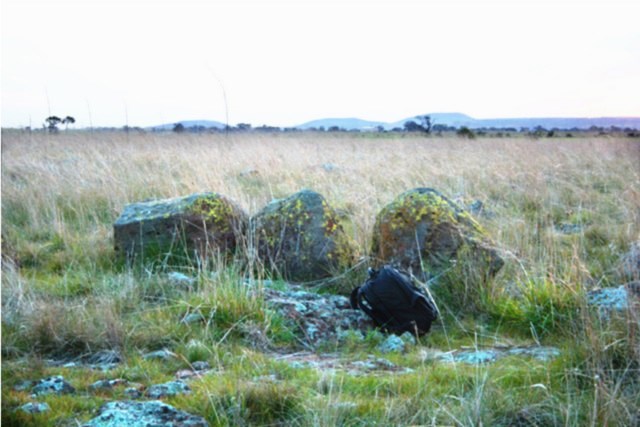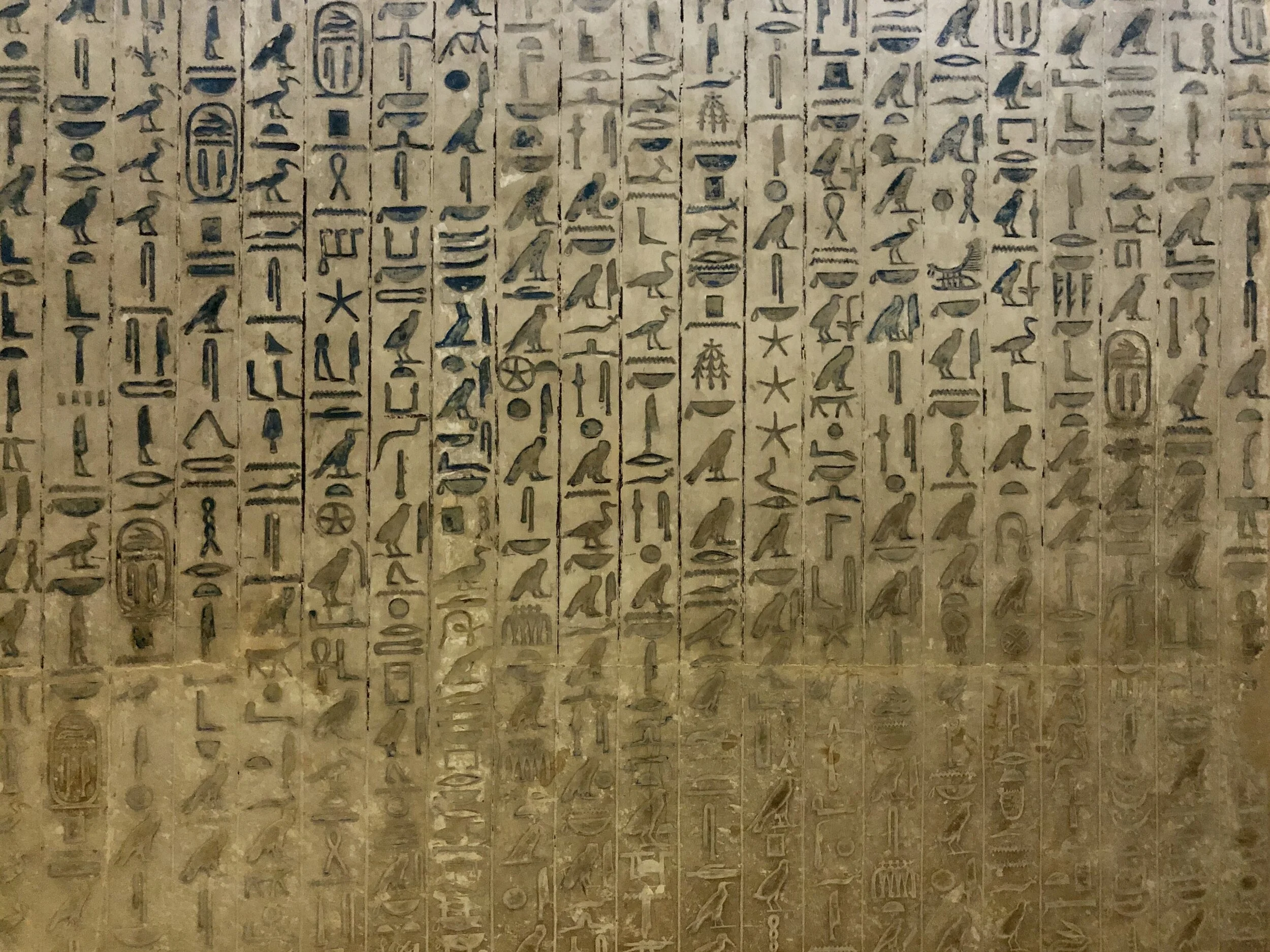I. The King of Uruk
In Uruk’s walls the king stood tall,
A giant born of god and clay,
With restless heart and iron will,
He bent the world to his sway.
The people sighed beneath his hand,
And to the gods their cries were cast,
“Send one to match his might and pride,
That this fierce storm may break at last.”
II. Enkidu of the Wilds
From sacred clay the gods did form
A man of earth, of breath, of bone.
Enkidu roamed where lions fed,
His heart untamed, his spirit grown.
But love and song the wild unmade,
And to the city he was led.
He met the king in battle fierce,
And brothers rose where blood was shed.
III. The Cedar Forest
“Let us go where cedars rise,”
Said Gilgamesh with burning fire.
“To fell the beast, to carve our names,
Upon the bark of gods’ desire.”
Humbaba roared — the forest shook —
Yet two hearts struck as one bright flame.
The monster fell, the forest wept,
And men returned with glory’s name.
IV. The Bull of Heaven
Ishtar came with silken hand,
“Be mine, O king, O flame of might.”
But scorned, she summoned Heaven’s bull
To turn their day to endless night.
They struck the beast; its fury bled.
But gods remembered every wrong.
Enkidu, beloved of Gilgamesh,
Fell silent where he once was strong.
V. The Wanderer
The king now roamed the sunless lands,
Where scorpions guard the gates of dusk.
He sought Utnapishtim’s shore,
Where death is hushed and ages rust.
“Tell me the path to endless breath,”
Cried Gilgamesh beneath the stars.
The old one whispered, “None shall live
Beyond the hands of death’s bright bars.”
VI. The Serpent’s Theft
Yet in the deep, a plant of life
Lay waiting in the shadowed stream.
He seized the gift, his hope renewed,
His heart alight with mortal dream.
But from the dark, a serpent came,
It took the flower, shed its skin.
And Gilgamesh, with empty hands,
Stood older than he’d ever been.
VII. The Walls of Uruk
Back to Uruk’s shining gate
The weary king returned once more.
He touched the stones his hands had raised,
And felt their weight, their ancient core.
“No god am I,” he softly spoke,
“Nor shall my body ever stay.
But these proud walls, these deeds of men,
Will sing my name when I’m away.”
Epilogue
So ends the tale of mortal might,
Of love and loss, of gods and men.
The oldest song the clay can hold
Still hums beneath the desert wind.
- ChatGPT
✨ Themes and Legacy
-
Mortality and Meaning: Even the mightiest must face death.
-
Friendship: Enkidu humanizes Gilgamesh, changing him from tyrant to hero.
-
Wisdom through Loss: True greatness is not in living forever, but in living well.
-
Cultural Echo: The flood story in this epic predates and influenced later tales, including the story of Noah.
- Importance: It is one of humanity’s oldest remembered stories, dating back over 4,000 years.
- Date: The earliest written Sumerian tablets are around c. 2100 BCE; the earliest standardized version is around c. 1200 BCE from Akkad.
- Place: The source of the Legend originates from within Ancient Mesopotamia (modern Iraq).
- Why it endures: Because it tells the timeless human story of love, death, and the search for meaning.
🌿 1. The Mighty King of Uruk
Long ago, in the city of Uruk, there ruled a king named Gilgamesh - two-thirds god and one-third human. He was powerful and wise, but also arrogant. His people cried out to the gods for relief from his pride and tyranny.
🐂 2. The Wild Man, EnkiduThe gods responded by creating Enkidu, a wild man of the steppe, strong and free, living among animals. A temple priestess tamed him through kindness and love, and he came to Uruk to challenge Gilgamesh.
The two men wrestled fiercely - neither could win. And so, they became best friends, brothers in spirit.
🪓 3. The Cedar ForestThe goddess Ishtar fell in love with Gilgamesh, but when he rejected her, she sent the Bull of Heaven to punish him. Gilgamesh and Enkidu killed the bull.
For this insult to the gods, the council of heaven declared that Enkidu must die. He fell ill and cursed his fate. Gilgamesh wept bitterly over the loss of his friend.
🕊 5. The Quest for ImmortalityStricken by grief and terrified of his own death, Gilgamesh set out on a journey to find eternal life. He crossed deserts and seas to find Utnapishtim, the survivor of the Great Flood — the Mesopotamian Noah — who had been granted immortality by the gods.
Utnapishtim told him:
“The gods gave eternal life to me alone. Death is the fate of all mortals.”
He offered Gilgamesh a test — to stay awake for six days and seven nights - but Gilgamesh failed. Still, Utnapishtim revealed the secret of a plant that could restore youth.
🐍 6. The Serpent and the ReturnGilgamesh found the plant, but as he bathed in a cool spring, a serpent stole it away, shedding its skin and slithering off. Gilgamesh wept again - but this time, more wisely. He returned to Uruk, realizing immortality belongs to the gods.
🏛 7. The End of the Journey“Look at the walls of Uruk,” he said. “They will outlast me. This is my immortality.”
What are the Oldest Remembered Legends?by R.E. Slater & ChatGPT-5
🏺 1. The “Epic of Gilgamesh” (c. 2100-1200 BCE, Mesopotamia)
Origin: Ancient Sumeria (Uruk, in modern Iraq)
-
Written form: c. 2100 BCE on clay tablets in cuneiform (Old Babylonian versions); standardized around 1200 BCE.
-
Language: Sumerian and Akkadian.
-
Plot: Gilgamesh, king of Uruk, seeks immortality after the death of his friend Enkidu.
-
Themes: Friendship, mortality, gods and humans, the flood narrative.
✅ Why it matters:
-
Widely regarded as the world’s oldest surviving literary work.
-
Contains a flood story that predates the biblical Noah narrative.
-
Survived as both oral myth and written epic.
🌊 2. Aboriginal Australian Flood and Landscape Myths (possibly 10,000+ years old)
Origin: Indigenous peoples of Australia.
Estimated age: At least 10,000 years, possibly older.
Medium: Oral storytelling traditions (Dreamtime).
Content: Stories describe rising sea levels and the flooding of land bridges - now corroborated by geological evidence.
✅ Why it matters:
These oral traditions encode accurate environmental memory over millennia.
They may be the oldest continuously told stories in human history.



🐍 3. The Descent of Inanna (c. 1900-1600 BCE, Sumeria)
Origin: Sumerian city-states.
Plot: Inanna (Ishtar), goddess of love and war, journeys into the underworld and dies, then returns to life.
Themes: Death and rebirth, feminine power, cosmic order.
✅ Why it matters:
One of the oldest myths of descent and resurrection, influencing later myths (Persephone, Osiris, Jesus).
⛵ 4. The Pyramid Texts & Egyptian Creation Myths (c. 2400 BCE)
Origin: Old Kingdom Egypt.
Content: Creation myths, afterlife journeys, sun god Ra, Osiris myth cycle.
Medium: Hieroglyphic inscriptions inside pyramids.
✅ Why it matters:
Some of the earliest religious texts ever written.
Echo oral traditions that likely go back much further.



🏞 5. Indo-European and Vedic Creation Hymns (c. 1500-1200 BCE)
Origin: Ancient India.
Text: Rig Veda (Nasadiya Sukta).
Themes: Cosmic origins, the birth of the universe from the “non-existent.”
Medium: Oral hymns later written in Sanskrit.
✅ Why it matters:
Among the oldest surviving religious-philosophical hymns.
Still recited today in traditional Vedic ceremonies.



🌍 6. Other Ancient Story Traditions with Deep Time Roots
-
Greek myths (e.g., Titanomachy, c. 800 BCE - but rooted in earlier Indo-European myth).
-
Biblical Genesis (compiled c. 6th-5th century BCE, drawing from earlier Mesopotamian sources).
-
Chinese flood myths (Yu the Great, c. 2000 BCE oral roots).
-
Native American and Polynesian origin stories, often describing migrations and land formations tied to geological events.
🧠 Why These Stories Endure
-
They encode cosmic explanations, ethical codes, and environmental memory.
-
Many are mythopoetic - meaning they carry both cultural and existential meaning.
-
Some (especially Indigenous stories) may have survived continuously for 10,000+ years, making them the oldest remembered narratives on Earth.
🏆 Summary of the Oldest Stories Still Remembered
| Story / Tradition | Region | Estimated Age | Transmission | Notes |
|---|---|---|---|---|
| Aboriginal Dreamtime Myths | Australia | 10,000+ years | Oral | Flood and landscape myths tied to real events. |
| Epic of Gilgamesh | Mesopotamia | c. 2100 BCE | Written & oral | Oldest written epic. |
| Descent of Inanna | Sumeria | c. 1900 BCE | Written & oral | Proto-resurrection myth. |
| Pyramid Texts | Egypt | c. 2400 BCE | Written | Early afterlife & creation myths. |
| Vedic Hymns (Nasadiya Sukta) | India | c. 1500 BCE | Oral & written | Still recited today. |
👉 Summary:
-
Oldest written story: Epic of Gilgamesh (c. 2100 BCE)
-
Oldest still told story: Aboriginal Dreamtime flood myths (10,000+ years)
-
Oldest religious-philosophical hymn still recited: Nasadiya Sukta (Rig Veda, c. 1500 BCE)






No comments:
Post a Comment